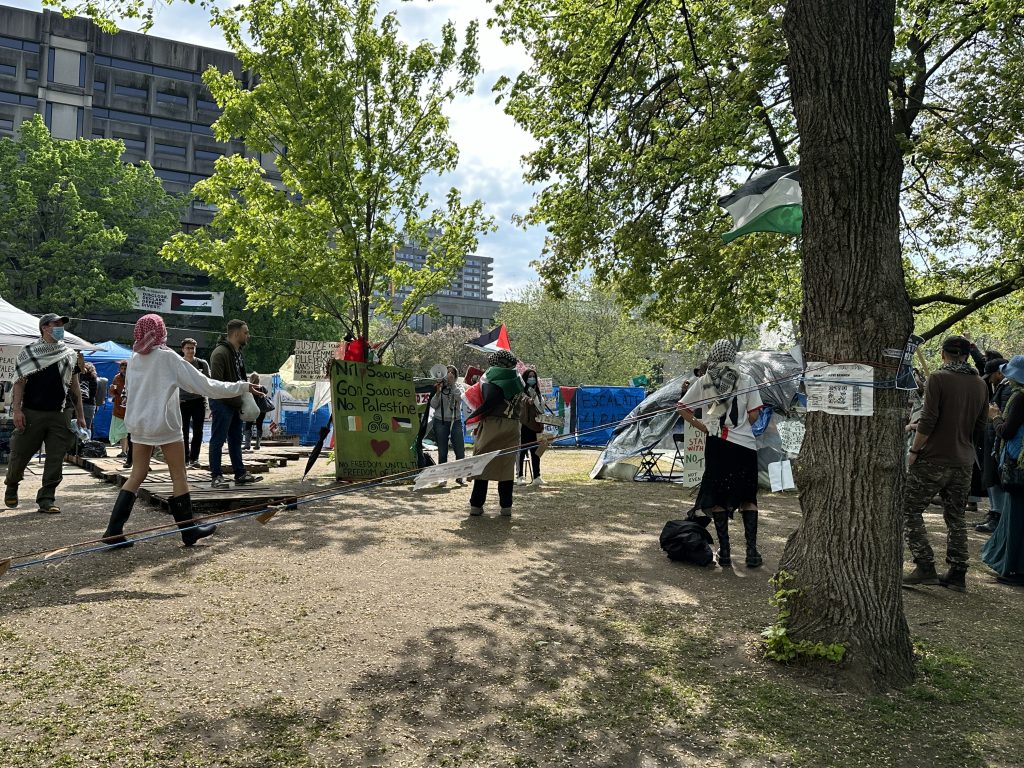Consultations on future public transit systems in Montreal’s Southwest
Posted January 18, 2024 10:18 pm.
Last Updated January 18, 2024 11:24 pm.
The transit authority for Greater Montreal, the ARTM as well as Quebec’s Transport Ministry and the city of Montreal are hosting information sessions about possible future developments to improve public transit between what’s called Montreal’s Greater Southwest and downtown. There are six proposals aimed at linking Dorval, Lachine, LaSalle and the Southwest borough with the downtown core.
“The first way to participate is to come and meet with us,” said Patrick Charpentier, the ARTM director for the Greater Southwest project, adding, “the other way we want them to participate is to go online, understand what we have on that table for them and provide us with some feedback.”
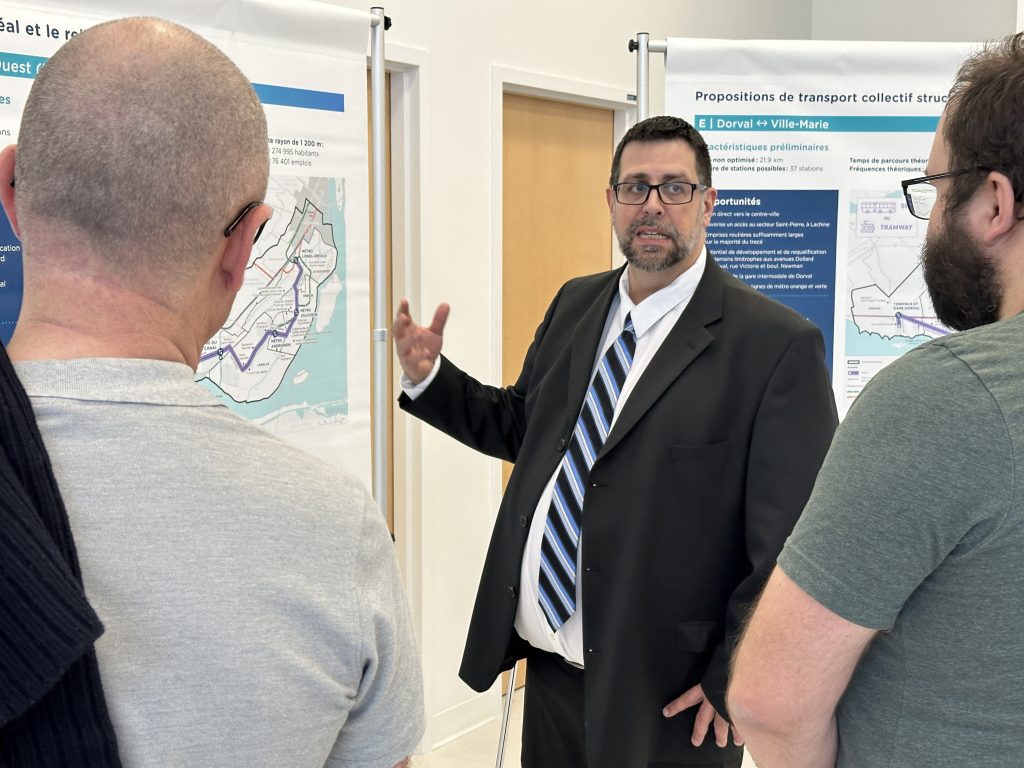
Five of the six options suggest using a tramway or bus rapid transit also referred to as BRT to better connect commuters in the region to their destinations.
“Both BRT and tramway can be very accessible, give more access points to the transportations systems, so those are great advantages to both systems,” explained Charpentier.
A sixth proposal being explored is a metro extension for the Green Line at Angrignon to 32nd Avenue in Lachine or the LaSalle train station.
“Obviously when you go underground with the metro system, you can go a bit faster because you don’t have to interface with the traffic and also cars,” said Charpentier.
“Personally, I am a big fan of the subway,” said Rémi Daigle, the coordinator of territorial development for the LaSalle Social Development Table, who was present at the consultation meeting Thursday afternoon for civil society groups at the L’Octogone Library in LaSalle prior to the public consultation session.
“I’d be glad to see the network grow to Lachine and go through LaSalle. I think it would be great.”
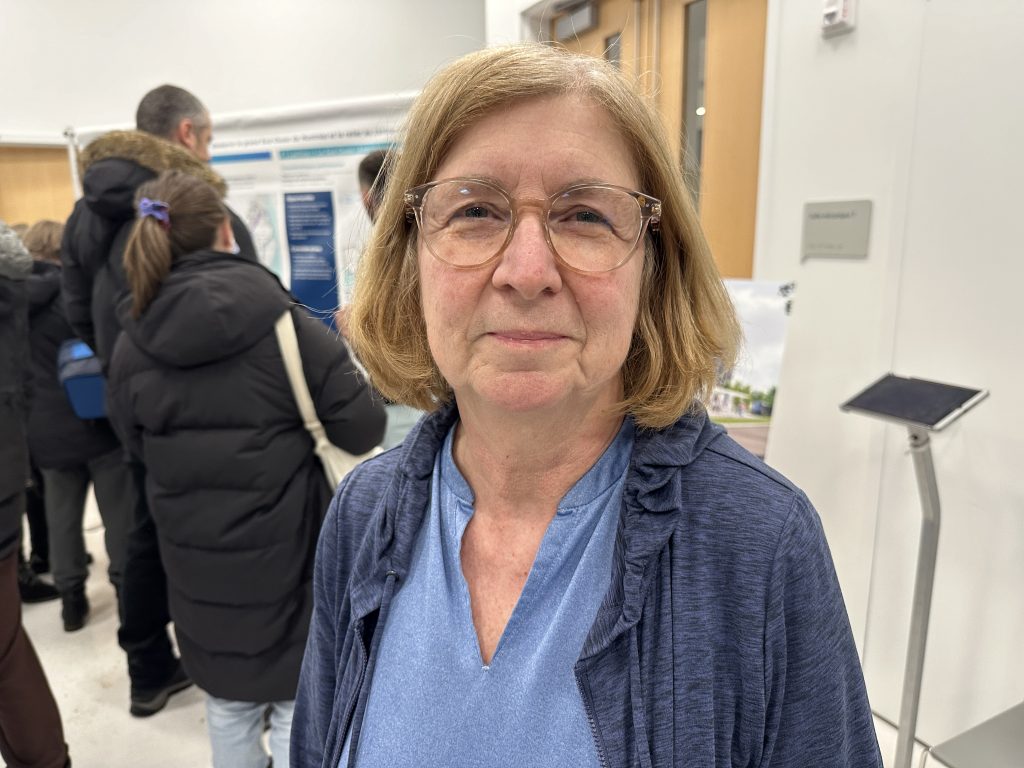
“My preferred option is the B one because this is where I live that would be the most useful for myself. And I guess the tramways would be the best if it can be done,” said Marie Guertin, a LaSalle resident for 40 years, participating at the public consultation session Thursday evening.
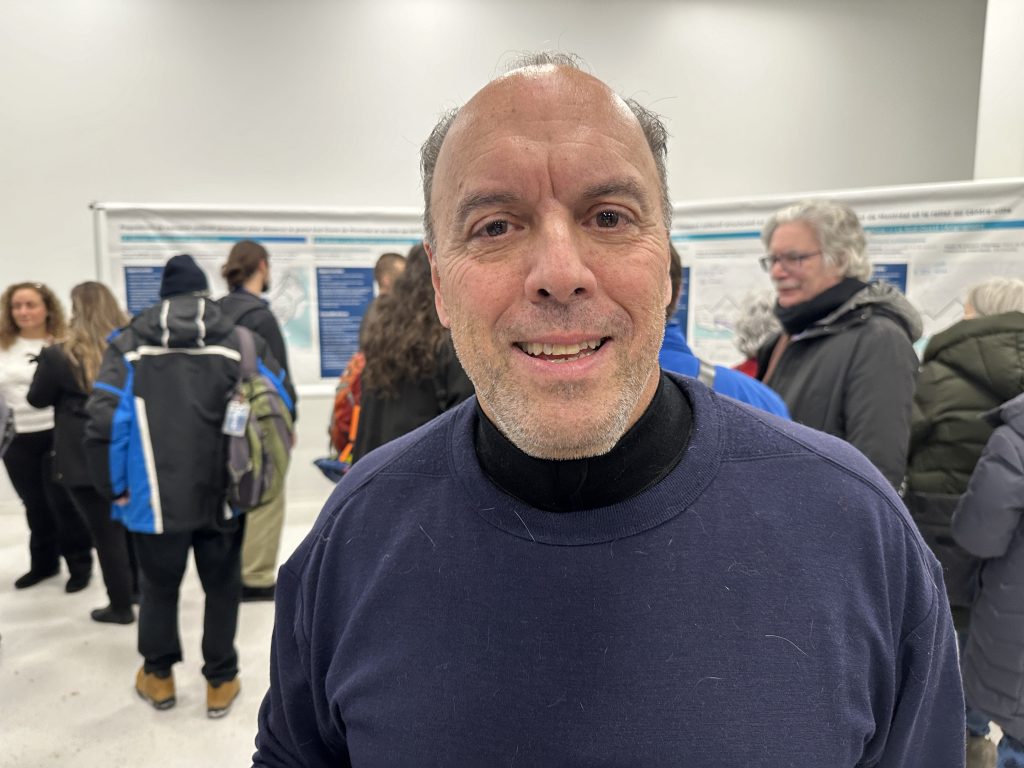
“Mine would be the B option, you know, because I think it’s very, the impact would be very favourable for all the residents in La Salle,” said Jean Langlais, a LaSalle resident taking part in the information session. “It’s kind of a loop and I think that’s what we need.”
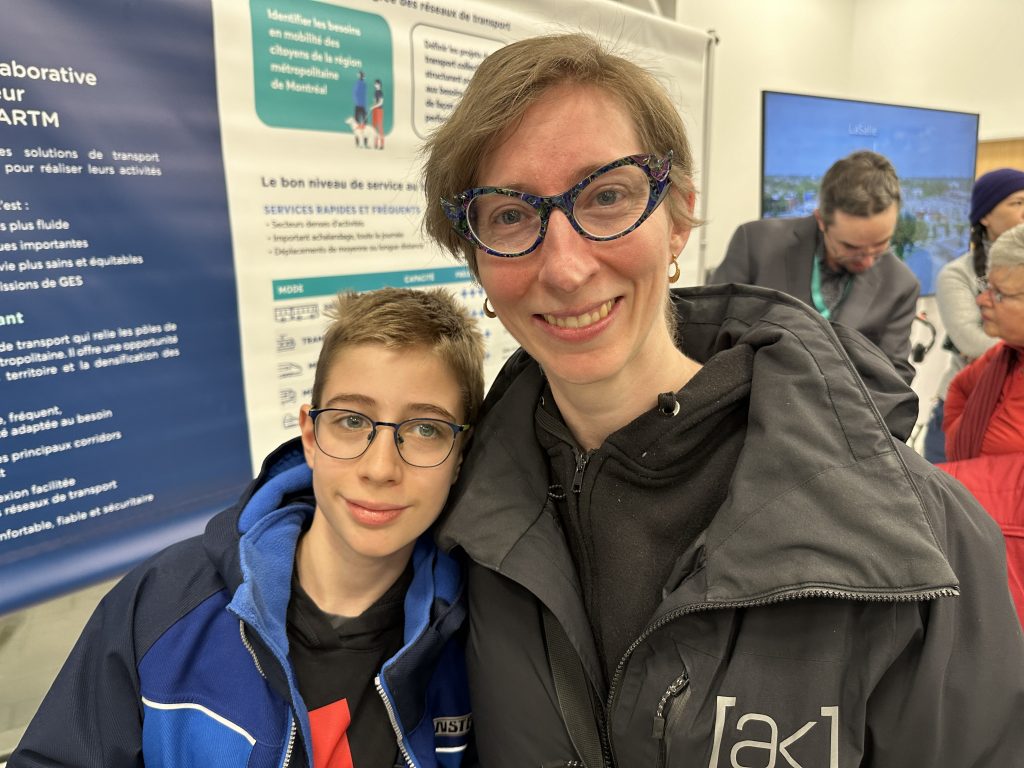
“For now, I’m still considering the tramway. So basically because it makes the access for the LaSalle Hospital, public services, it’s really versatile and it’s really, really nice,” said France Grenier, another LaSalle resident at the event.
There are multiple information sessions for the public to have their say. The second was held Thursday in LaSalle, the third is in Dorval on January 22nd and the final meeting is in Lachine on the 24th.
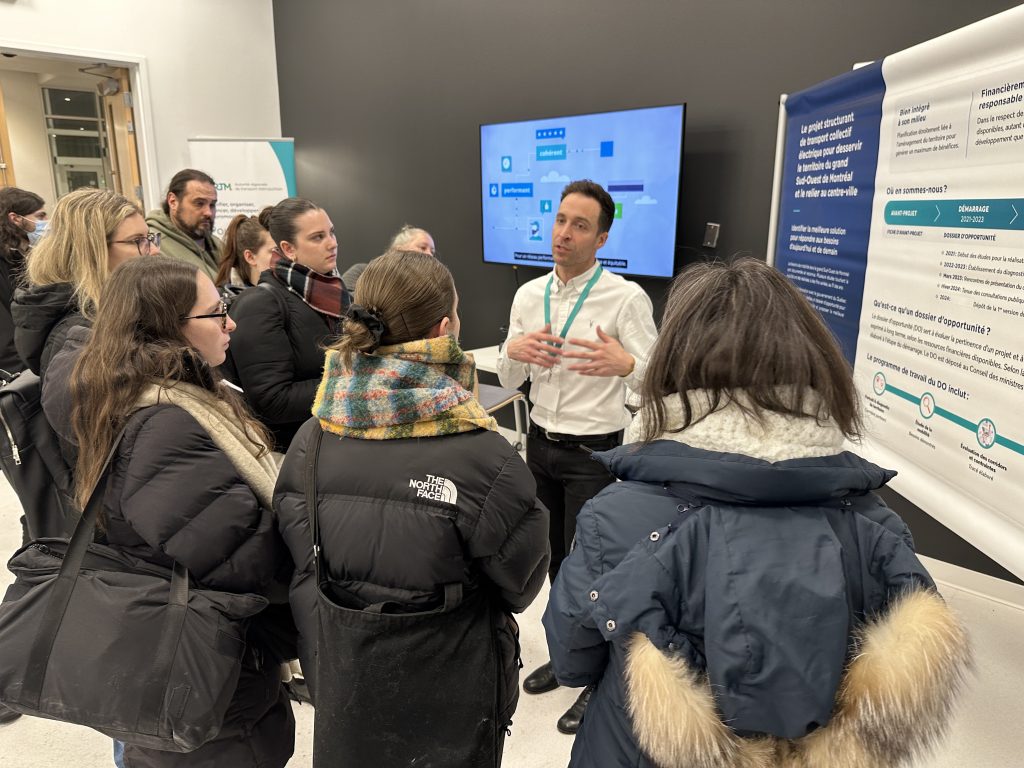
Citizens can also share their opinions on each of the routes and modes of transportation online until February 11. The ARTM will propose their recommendation to the Quebec government by the end of 2024.
“We want to have the feedback and observation of the population to make sure that we’re proposing the right system,” said Charpentier.


